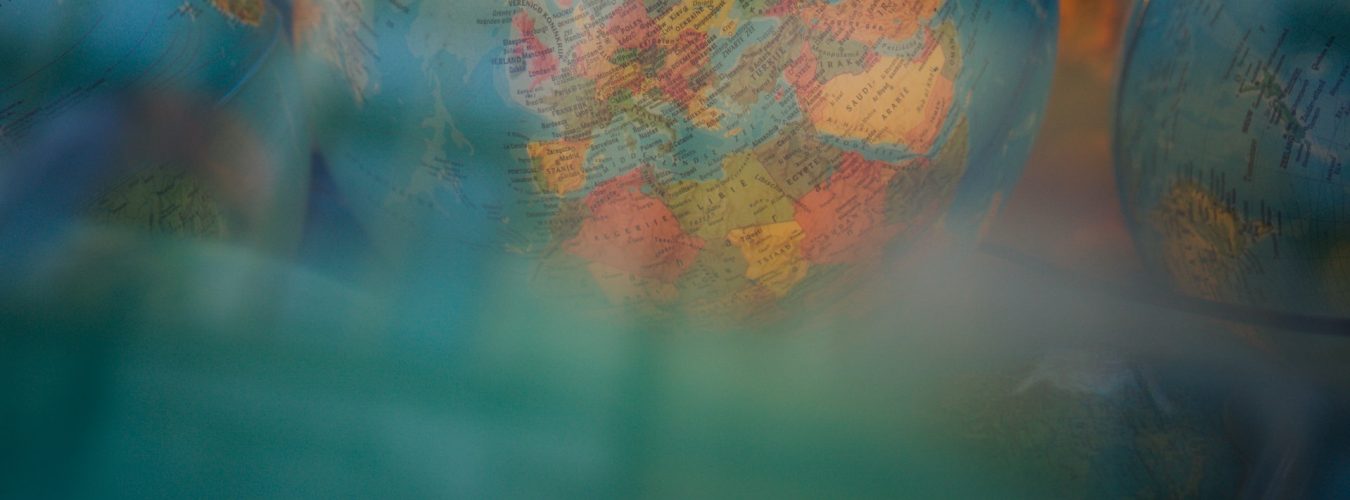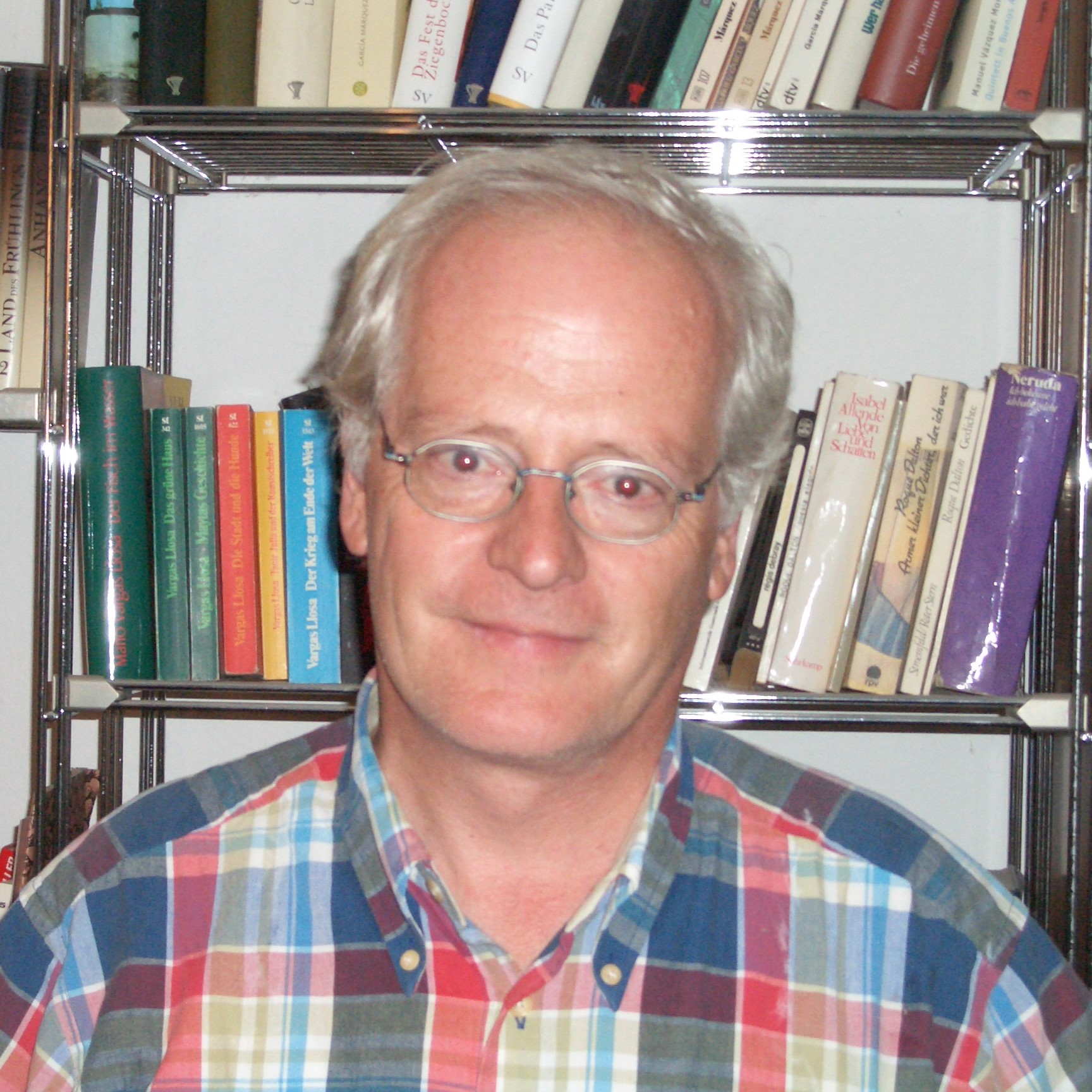Gibt es noch Hoffnung für Afrika? In diesem Beitrag zu meinem Blog zeige ich anhand der Beispiele Cote d’Iovire und Benin, dass es in Afrika valide Beispiele für gute Regierungsführung und verantwortungsvolle Führung gibt. Und ich gebe einige Hinweise darauf, welche Lehren aus diesen Beispielen gezogen werden können.
Ein andauernder, wenn auch abgeschwächter Bürgerkrieg in Äthiopien, Militärputsche in Guinea, Mali, Burkina Faso und zuletzt in Niger und Gabun, eine Marionettenregierung am Tropf russischer Wagner-Söldner in Zentralafrika: Die schlechten Nachrichten aus Afrika dominieren einen Großteil der Medien. Die Motive der Militärputschisten, die allesamt vor dem Putsch Mitglieder der herrschenden Elite waren, sind bekannt. In vielen Fällen geht es um die Sicherung der eigenen Interessen. Der Chef der Präsidentengarde in Niger zum Beispiel putschte, weil ein guter „Geschäftsfreund“ mit seinen korrupten Geschäften beim neu gewählten Präsidenten nicht landen konnte. Aber das ist nur die eine Seite der Geschichte, die andere ist, dass die militärischen Putschisten (und auch ihre russischen Unterstützer) auf die begeisterte Unterstützung eines großen Teils der jungen Bevölkerung in ihren Ländern zählen können. Diese jungen Menschen sind zahlreich. Die Sahelzone ist die Region mit der höchsten Geburtenrate der Welt. Unter anderem dank der westlichen Entwicklungshilfe ist die Sterblichkeitsrate von Neugeborenen und Kindern drastisch gesunken, während gleichzeitig das Bildungsniveau deutlich gestiegen ist. Viele der jungen Menschen haben einen Schul- oder Universitätsabschluss und wissen dank Internetzugang und Mobiltelefonen, wie es im Rest der Welt aussieht. Doch 80 % von ihnen haben in ihren Ländern keine vernünftigen Beschäftigungsaussichten und müssen ihren Lebensunterhalt mit Gelegenheitsjobs oder als Motorradtaxifahrer organisieren.
Was kann getan werden? What is needed above all are governments in Africa that do their job properly, that „deliver“ and that manage to at least awaken hope for a better future, even if it is not possible to provide all unemployed young people with a good job overnight. Und es gibt Regierungen, die das tun.
Beispiele, die Hoffnung machen: Benin und Côte d’Ivoire
Beide Präsidenten haben seit ihrem Amtsantritt eine bemerkenswerte wirtschaftliche und soziale Erfolgsbilanz vorzuweisen. Während die Elfenbeinküste seither Wachstumsraten von 7-8 % pro Jahr verzeichnet, hat Benin 6 % erreicht, obwohl das benachbarte Nigeria, das direkt und indirekt 30 % zum beninischen BIP beiträgt, seit Jahren in der Krise steckt.
Beide Präsidenten haben seit ihrem Amtsantritt eine bemerkenswerte wirtschaftliche und soziale Erfolgsbilanz vorzuweisen. Während die Elfenbeinküste seither Wachstumsraten von 7-8 % pro Jahr verzeichnet, hat Benin 6 % erreicht, obwohl das benachbarte Nigeria, das direkt und indirekt 30 % zum beninischen BIP beiträgt, seit Jahren in der Krise steckt.
Die landwirtschaftliche Produktion, die tragende Säule der ivorischen Wirtschaft, hat erheblich zugenommen, sowohl bei den für den Export bestimmten Feldfrüchten als auch bei der lokalen Nahrungsmittelproduktion. Die Energieversorgung hat sich drastisch verbessert. Die Elfenbeinküste ist zu einem Nettoexporteur von Strom geworden. Bis 2030 wird der Anteil der erneuerbaren Energien voraussichtlich 42 % betragen. Aber auch im sozialen Bereich sind bemerkenswerte Fortschritte zu verzeichnen. Die Kindersterblichkeit konnte zwischen 2010 und heute von 95,1 auf 22,8 (pro tausend Geburten) gesenkt werden, während die Einschulungsrate in der Grundschule von 89,3 % auf 96,8 % gestiegen ist. Infolgedessen ist auch der Anteil der Armen an der Gesamtbevölkerung von 51 % auf 31,5 % gesunken und die durchschnittliche Lebenserwartung ist seit 2010 von 50 Jahren auf 62 Jahre gestiegen!
Ähnlich ist die Situation in Benin, wo es Patrice Talon gelang, die Baumwollproduktion – den wichtigsten Exportartikel und Devisenbringer des Landes – innerhalb von 3,4 Jahren zu verdreifachen. Gleichzeitig konnte auch die Nahrungsmittelproduktion deutlich gesteigert werden. Mit dem Ziel, das Land allmählich aus dem Status eines reinen Rohstoffproduzenten herauszuführen, ergriff Talon auch die Initiative zur Entwicklung einer modernen Textilproduktion. Es wurde ein Ausbildungszentrum für Tausende von Textilarbeitern geschaffen, und eine große, neu installierte Solaranlage soll u.a. die neuen Fabriken mit Strom versorgen. Auch im sozialen Bereich wurden in Benin erhebliche Investitionen getätigt. So verfügen nun 75 % der Grundschulen über eine eigene Schulkantine, was die wichtigste Maßnahme ist, um die Schüler zum Schulbesuch zu motivieren. Der Aufbau einer umfassenden Krankenversicherung für alle schreitet voran, Schulen und Universitäten werden gezielt ausgebaut und zuletzt wurden die Gehälter aller Staatsbediensteten deutlich erhöht.
Bemerkenswert ist auch, dass es beiden Ländern gelungen ist, erhebliche soziale und wirtschaftliche Investitionen zu tätigen und gleichzeitig eine solide Haushaltspolitik zu verfolgen. Die Verschuldung ist in beiden Volkswirtschaften deutlich niedriger als in Deutschland, und keines der beiden Länder scheint derzeit Gefahr zu laufen, in eine weitere Schuldenkrise abzugleiten.
Alles gut so weit? Beide Präsidenten, Talon und Ouattarra, sind wohlhabend, was Anlass zur Kritik gibt. Und wenn es Talon gelingt, den Baumwollsektor anzukurbeln, dann profitieren natürlich auch seine Unternehmen, die derzeit von Treuhändern geführt werden, davon. Als jedoch in den letzten Jahren die Düngemittelpreise stiegen, wies Talon die Entkörnungsbetriebe des Landes (die zu 80 % ihm gehören) an, die Düngemittelpreise zu Gunsten der Bauern und zu Lasten ihrer Gewinne zu subventionieren; eine staatliche Subventionierung käme nicht in Frage. Nach allem, was bekannt ist, sind beide Präsidenten nicht korrupt, vielleicht wegen ihres vorhandenen Reichtums.
Wirtschaftlicher Fortschritt versus Demokratie?
Während sich in der Elfenbeinküste nach dem instabilen Bürgerkrieg allmählich wieder eine recht stabile 3-4-Parteien-Demokratie etabliert hat, wird Talon vorgeworfen, in Benin einen „schleichenden Verfall der Demokratie“ herbeigeführt zu haben. Hintergrund ist, dass Talon mit der Parteienlandschaft aufgeräumt hat, die aus vielen Dutzenden von Parteien mit weitgehend ununterscheidbaren Programmen, aber den Egos vieler Parteiführer bestand. Talon führte eine Verfassungsänderung ein, die vorschreibt, dass die zu den Wahlen zugelassenen Parteien im ganzen Land vertreten sein müssen (um eine ethnische Zersplitterung zu verhindern) und bei den Wahlen mindestens 10 % erreichen müssen. Bei den Parlamentswahlen 2019 führte dies dazu, dass sich die Opposition weigerte zu kandidieren, und nur zwei Talon-freundliche Parteien zogen damals ins Parlament ein. Bei den Wahlen 2023 änderte sich die Situation jedoch wieder. Talons historischer Gegner, Ex-Präsident Boni Yayi, zog wieder ins Parlament ein und wurde mit seiner Partei stärkste Oppositionskraft. Letztendlich haben Talons Bemühungen, die Parteienlandschaft zu bereinigen, funktioniert.
In der hiesigen Diskussion über die Demokratie in Afrika hören wir oft, dass wir den Afrikanern nicht unsere Demokratiemodelle aufzwingen sollten, sondern dass sie vielmehr ihre eigene Regierungsform bestimmen sollten. Das traditionelle afrikanische Regierungsmodell mit einem starken Präsidenten und einer Ein-Parteien-Herrschaft, bei dem politische Entscheidungen unter Ausschluss der Öffentlichkeit zwischen den verschiedenen Interessengruppen und den traditionellen Führern (Stammesälteste und lokale Häuptlinge/Könige) abgestimmt werden, ist bei weitem nicht mehr zeitgemäß. Es wird auch von den jungen Menschen in Afrika nicht mehr akzeptiert, zumal dieses System extrem korruptionsanfällig war und eine der Ursachen für die heute weit verbreitete Korrumpierbarkeit ist. Richtig an dieser Debatte ist aber, dass wir den Afrikanern in einem Dialog auf Augenhöhe zugestehen müssen, dass sie gute Argumente dafür haben können, auf den von ihnen gewählten Demokratisierungswegen etwas anders vorzugehen als ihre westlichen Partner. Ein Präsident Kagame in Ruanda ist natürlich immer noch traumatisiert von dem Genozid. Und insofern ist es teilweise verständlich, wenn auch nicht unbedingt akzeptabel, dass er mit jedem Hutu-Oppositionellen Ärger verspürt.
Talon und Ouattara werden jedoch beweisen müssen, dass sie sich nicht an die Macht klammern, sondern sich an die Verfassung halten. Talon wird seine zweite Amtszeit im Jahr 2025 beenden. Ouattara wollte am Ende seiner zweiten Amtszeit nicht erneut kandidieren, entschied sich dann aber aufgrund des plötzlichen Todes seines vorgesehenen Nachfolgers für eine Verfassungsänderung und eine dritte Amtszeit. Nun haben jedoch beide öffentlich erklärt oder erklären lassen, dass sie nicht erneut kandidieren wollen.
Schlussfolgerungen für die deutsche und europäische Außen- und Entwicklungspolitik in Afrika
Ein sehr differenzierter Blick auf die verschiedenen afrikanischen Länder ist erforderlich. Und der Dialog auf Augenhöhe darf nicht nur proklamiert, sondern muss so praktiziert werden, dass die afrikanischen Partner als Ergebnis des Dialogs auch die Möglichkeit haben, einige Vorschläge umzusetzen, die von westlichen Vorgaben abweichen.
Was die politische und wirtschaftliche Zusammenarbeit betrifft, so haben die afrikanischen Länder nun die Wahl zwischen verschiedenen Partnern: der EU, China, Russland, Indien und der Türkei. Sie werden diese Wahlmöglichkeiten zu Recht nutzen, und die Rolle Europas wird begrenzter sein als in der Vergangenheit. Dennoch hat Europa auch viel zu bieten. Europa ist nach wie vor ein wichtiger Import- und Exportmarkt und ein wichtiger Geldgeber für die Entwicklungszusammenarbeit. Trotz der Kolonialzeit gibt es eine über die Jahre gewachsene kulturelle Affinität, die beispielsweise in den Beziehungen zwischen Afrika und China nicht erkennbar ist. Und auch wenn nicht wenige afrikanische Führer das chinesische Regierungsmodell als Vorbild sehen, sind die afrikanischen Zivilgesellschaften überwiegend näher an der europäischen Demokratie. Und für den Fall der Fälle stehen französische oder britische Truppen bereit, um einem gewählten Präsidenten an der Elfenbeinküste zur Macht zu verhelfen, eine Machtübernahme durch Islamisten in Mali zu verhindern oder eine gewählte Regierung in Sierra Leone im Kampf gegen Rebellen zu unterstützen. Auch deshalb wäre Deutschland schlecht beraten, in Afrika weiterhin die Zusammenarbeit mit seinem Partner Frankreich zu suchen. Macron hat die unseligen Zeiten und Praktiken von „Franceafrique“ weit hinter sich gelassen. Auch wenn es sinnvoll ist, die Zusammenarbeit auf Länder zu konzentrieren, die überwiegend gute Regierungsführung praktizieren, gibt es auch in autokratischen und schlecht regierten Ländern Möglichkeiten der Zusammenarbeit. In Kamerun zum Beispiel gibt es trotz eines unsäglichen Präsidenten gut aufgestellte und k
Copyright für das Titelbild: © www.gouv.ci


